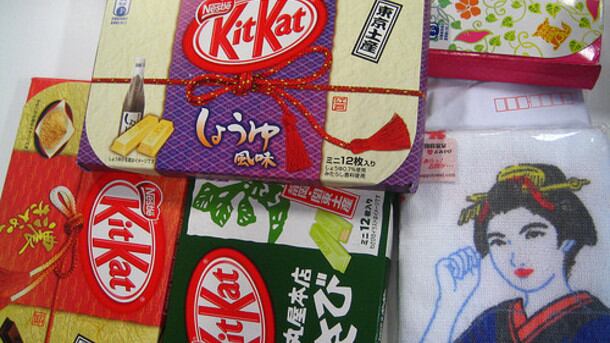Nestlé’s 2013 confectionery sales grew 5% to CHF 10.3bn ($11.5bn). However, the confectionery segment’s profit margins fell 100 basis points to 15.9% and operating profit sank 8% to CHF 1.6bn ($1.8bn).
Cocoa prices and World Cup spend
“It's a combination of things,” said Nestlé CEO Paul Bulcke. “First of all, this was indeed a heavy marketing spend, specifically Brazil. But also, cocoa prices went up.”
Nestlé invested in soccer marketing for the category during Brazil’s Confederations Cup last year and has continued to invest ahead of this year’s World Cup, which also takes place in Brazil.
“This is not a setback. That's a reflection of investment, which is a reflection of trust in the category,” said Bulcke.
Nestlé has also contended with rising cocoa prices. The average monthly price for cocoa increased 24% from January to December last year, according to the International Cocoa Organization (ICCO).
Nestlé CFO Wan Ling Martello said that confectionery profit margins should improve in 2014 after the one-off World Cup investments.
Reenergize brands with premiumization
Nestlé’s 2013 confectionery sales growth was driven by Europe, particularly in the UK and Russia. The firm also reported strong performance in Latin America and Japan.
The company recently opened a Kit Kat boutique in Japan that it claimed consumers would queue three blocks just to enter.
“Kit Kat is not a Kit Kat, and they have really premiumized this product very, very, very strongly in Japan," said Bulcke. “Just this intrigue of a brand and how you can make a brand that we've all known for over 75 years, how you can really re-energize that through premiumization.”
“The nice thing about premiumization is: this is not only for the big megacities in the developed world. This is also working very, very well in the developing world.”
Pricier Kit Kats?

One analyst asked if that meant Kit Kat would become more expensive.
“I wouldn't express it like expensive,” said Bulcke. “What we do with premiumization is creating more value. And it can be more expensive, if you see it like that, it's going to be still a good deal because you get more from it.”
He said Kit Kat’s success in Japan had not been down to upping the price, but by creating an emotional link with the brand.
‘Kitto Katsuto’ is a phrase in Kyushu dialect meaning “I am sure you will win or pass” and Nestlé has used the similar sounding phrase to encourage consumers to give a Kit Kat as a form of support, particularly when students take exams.
